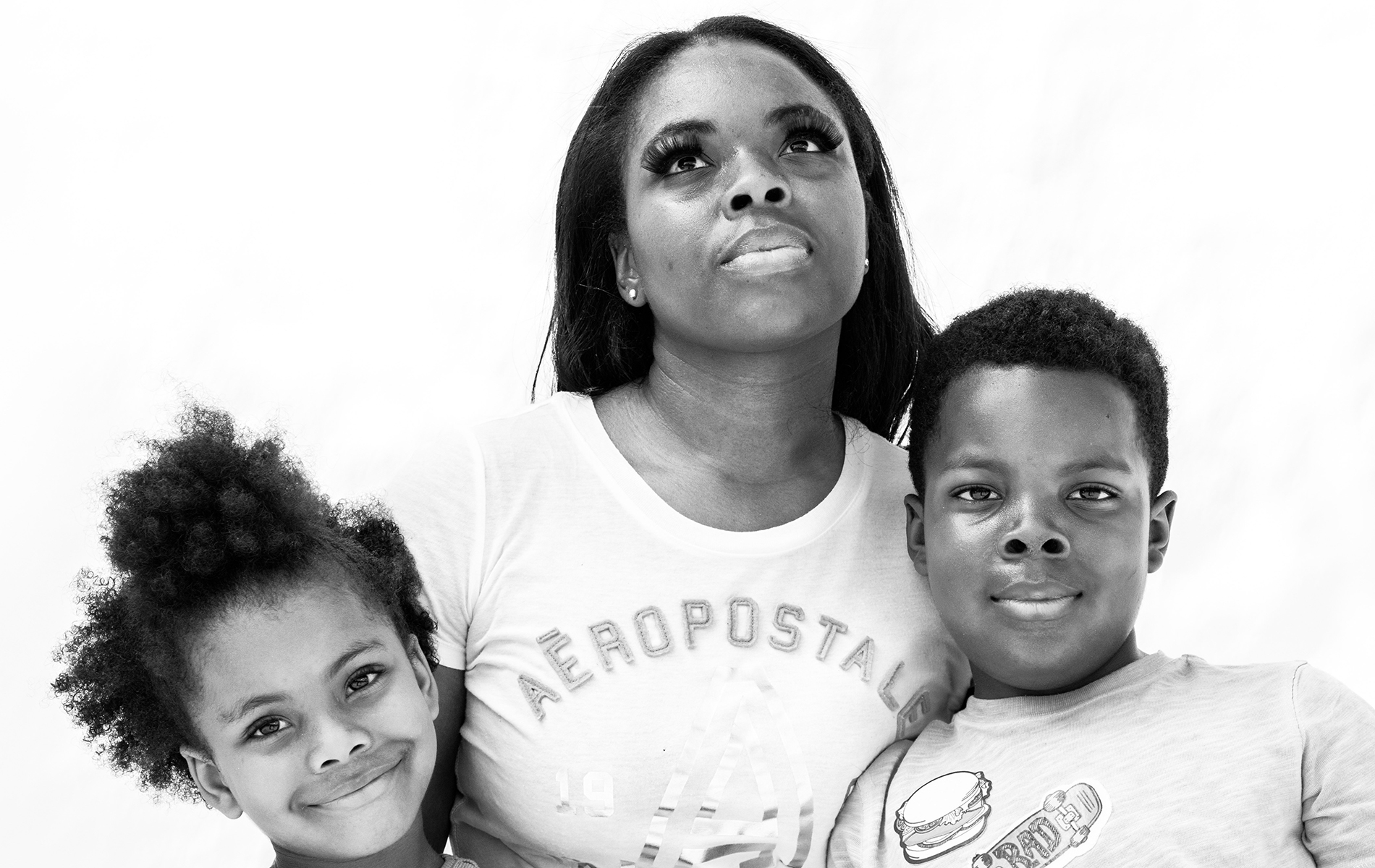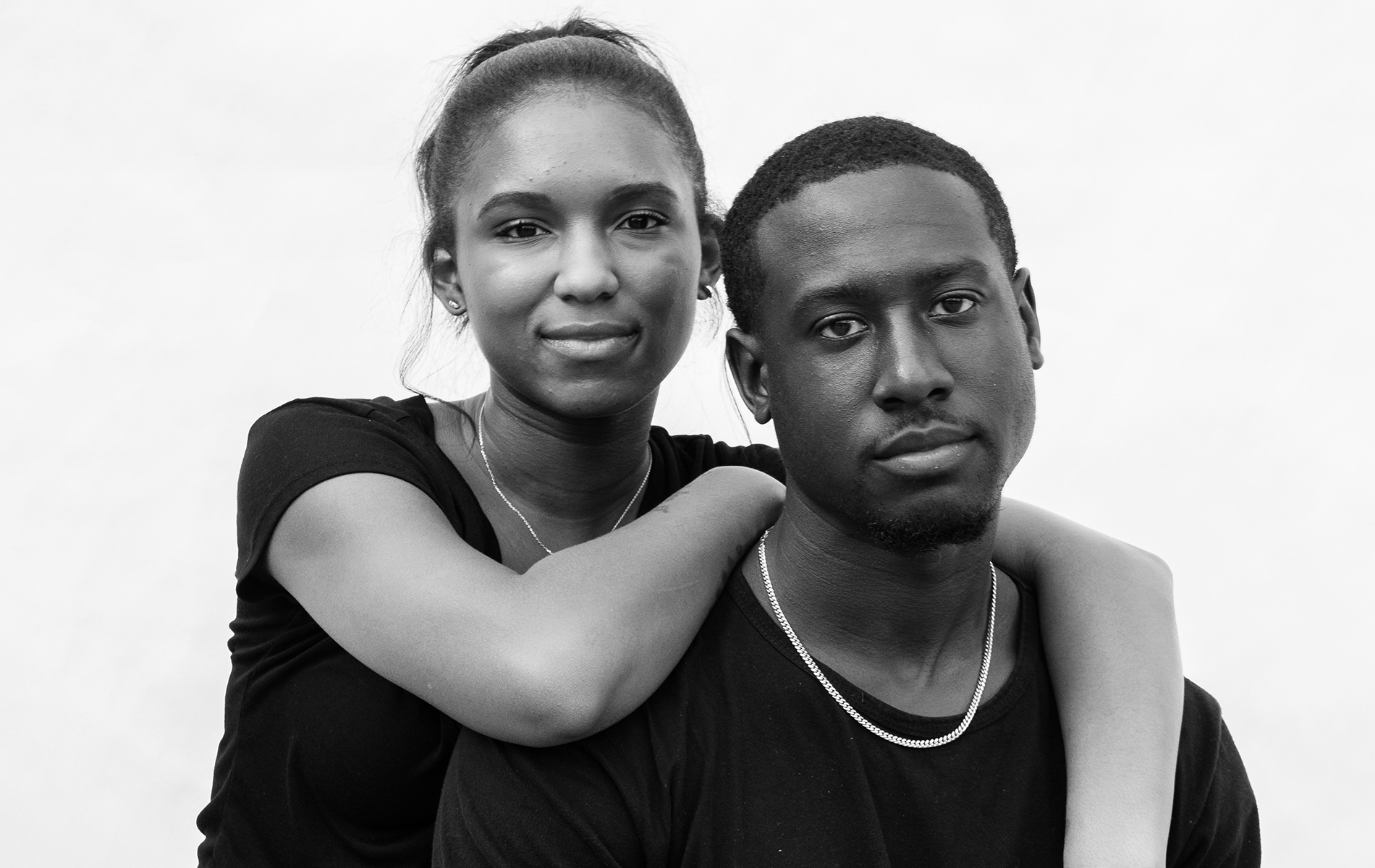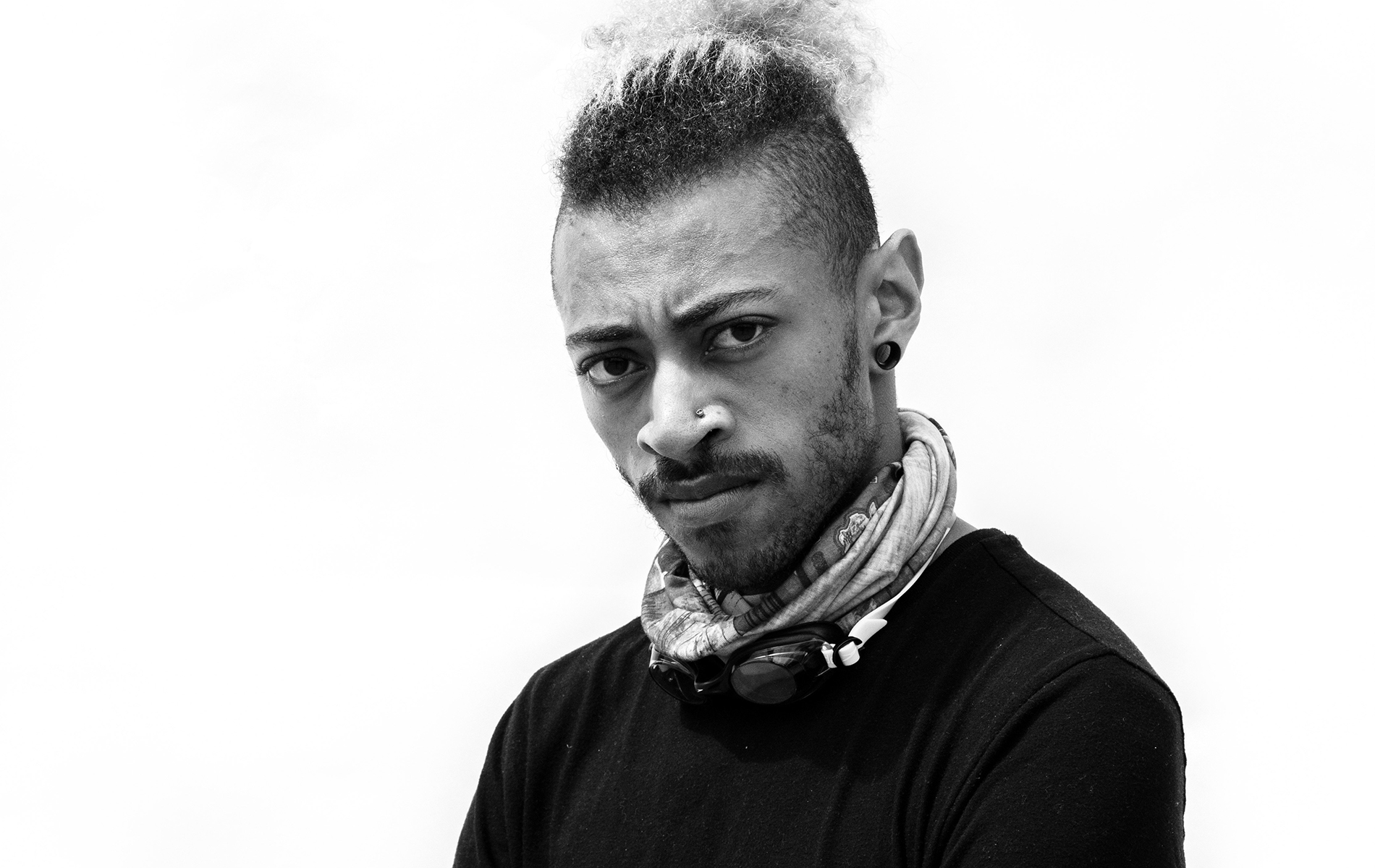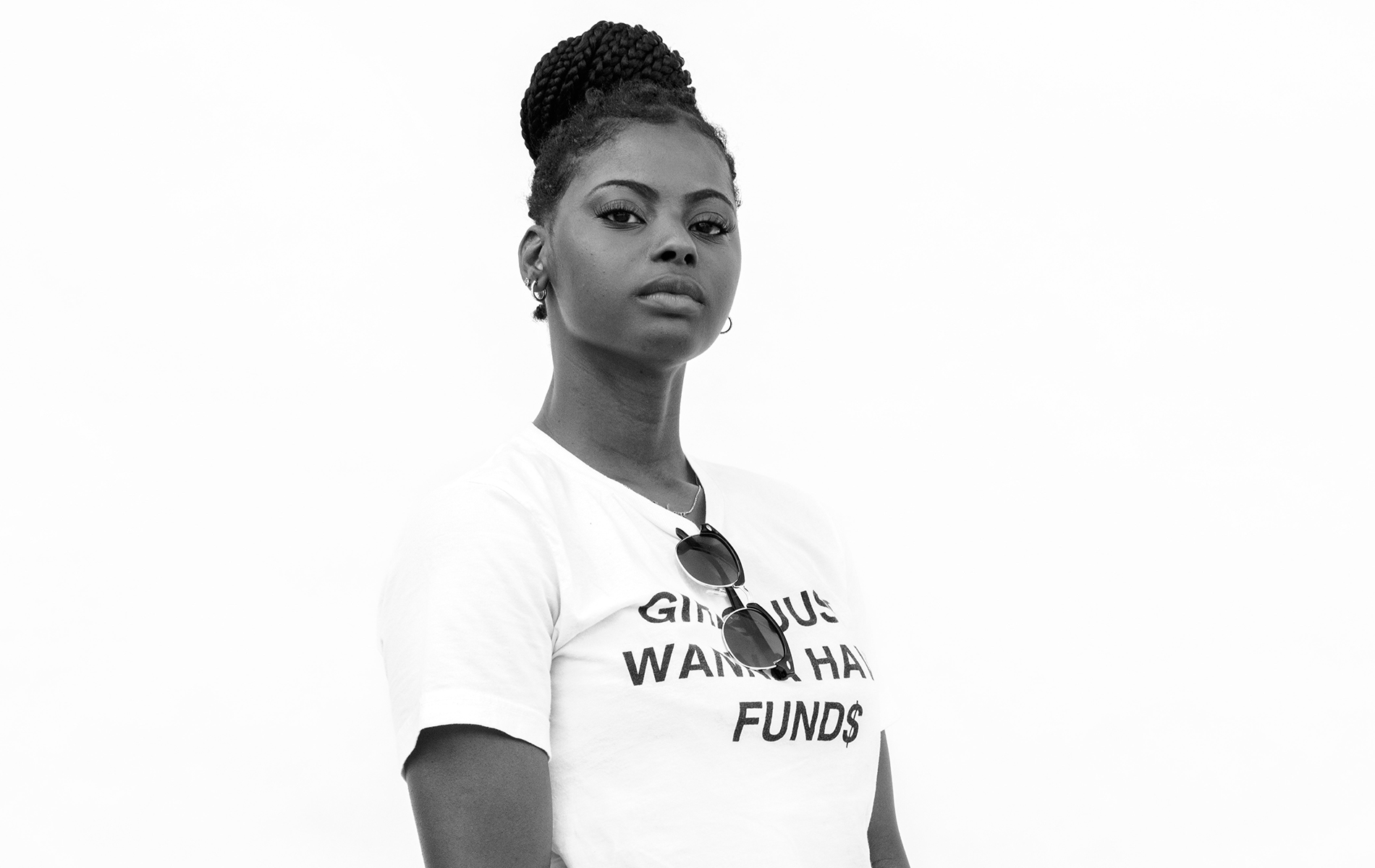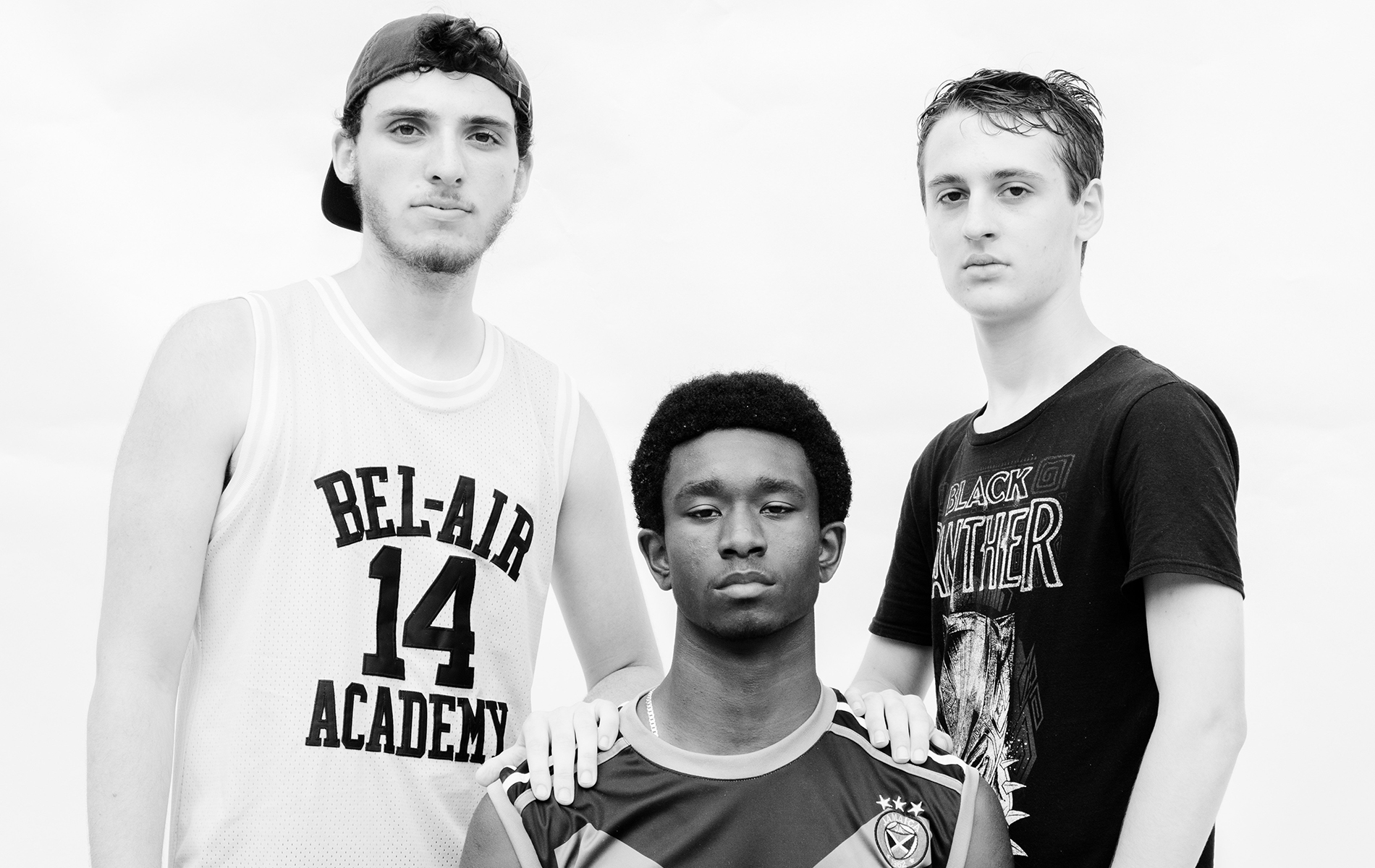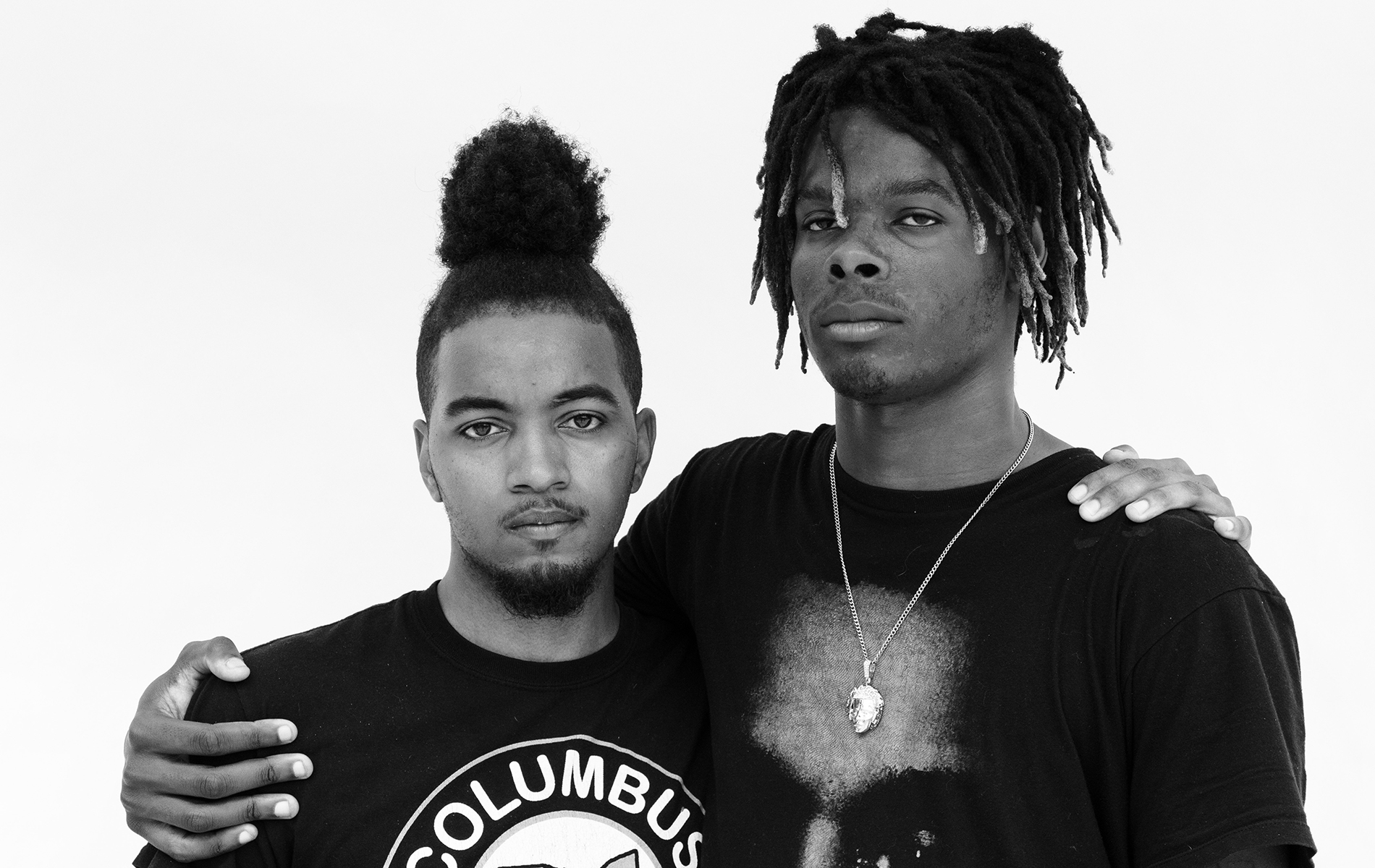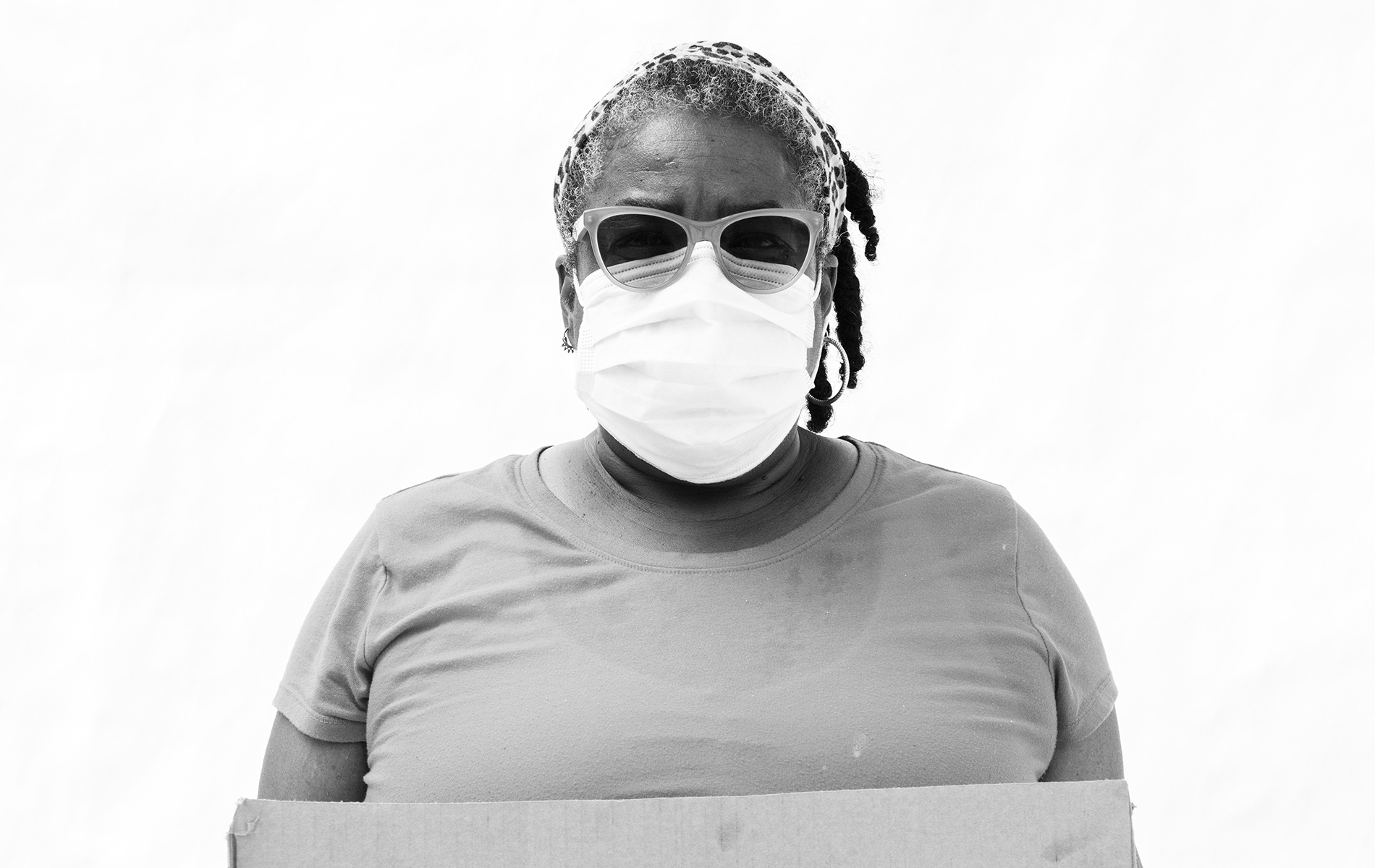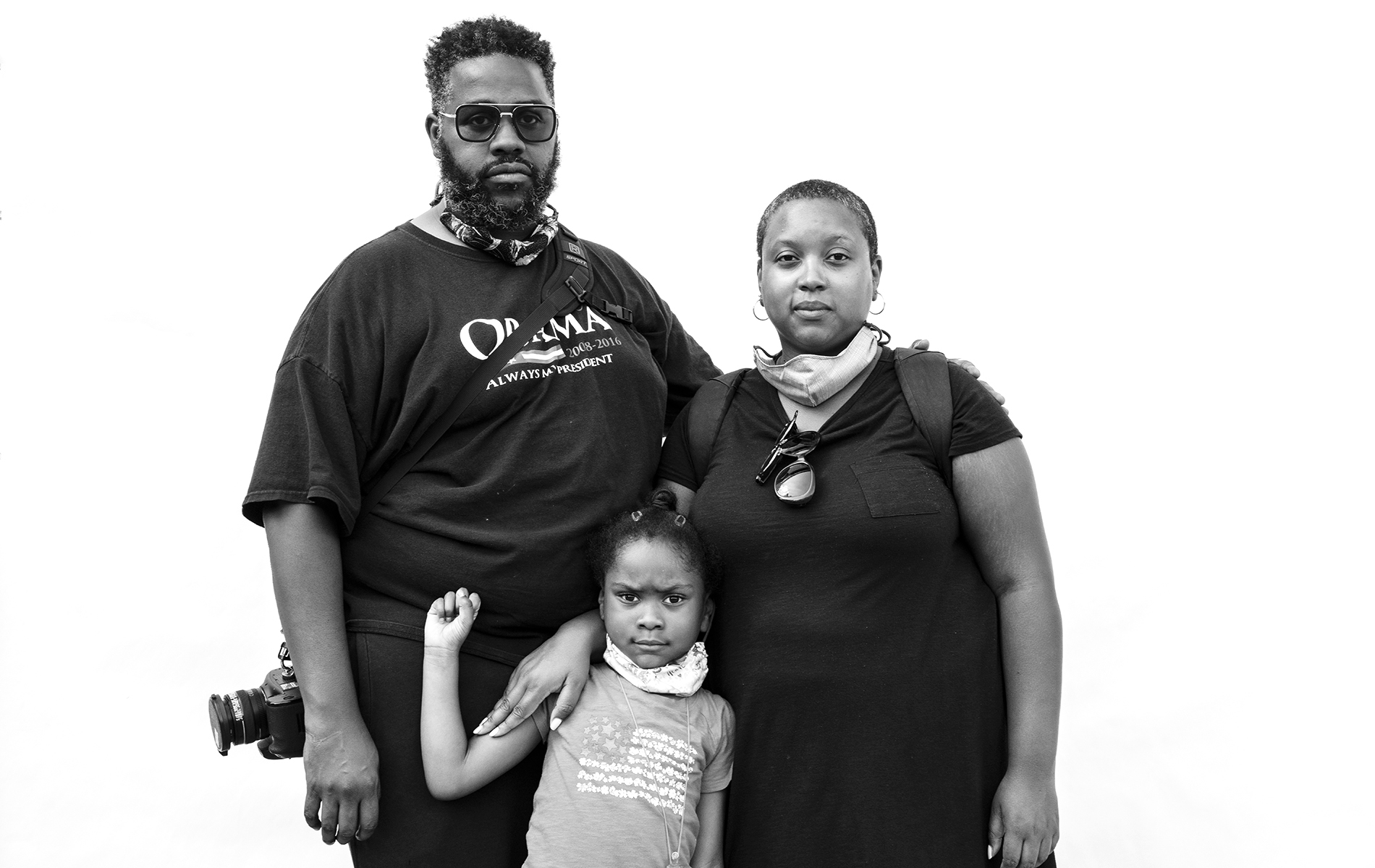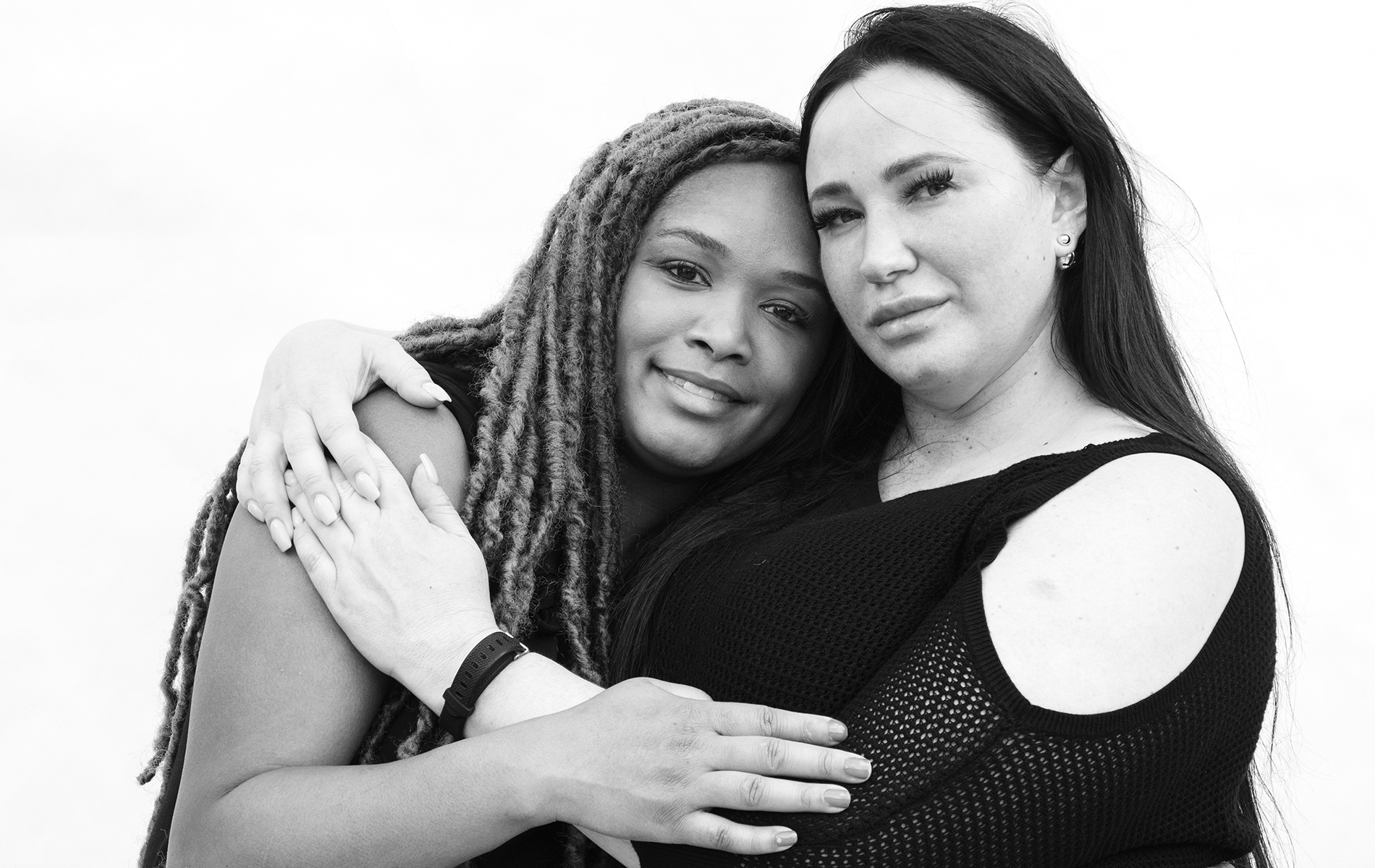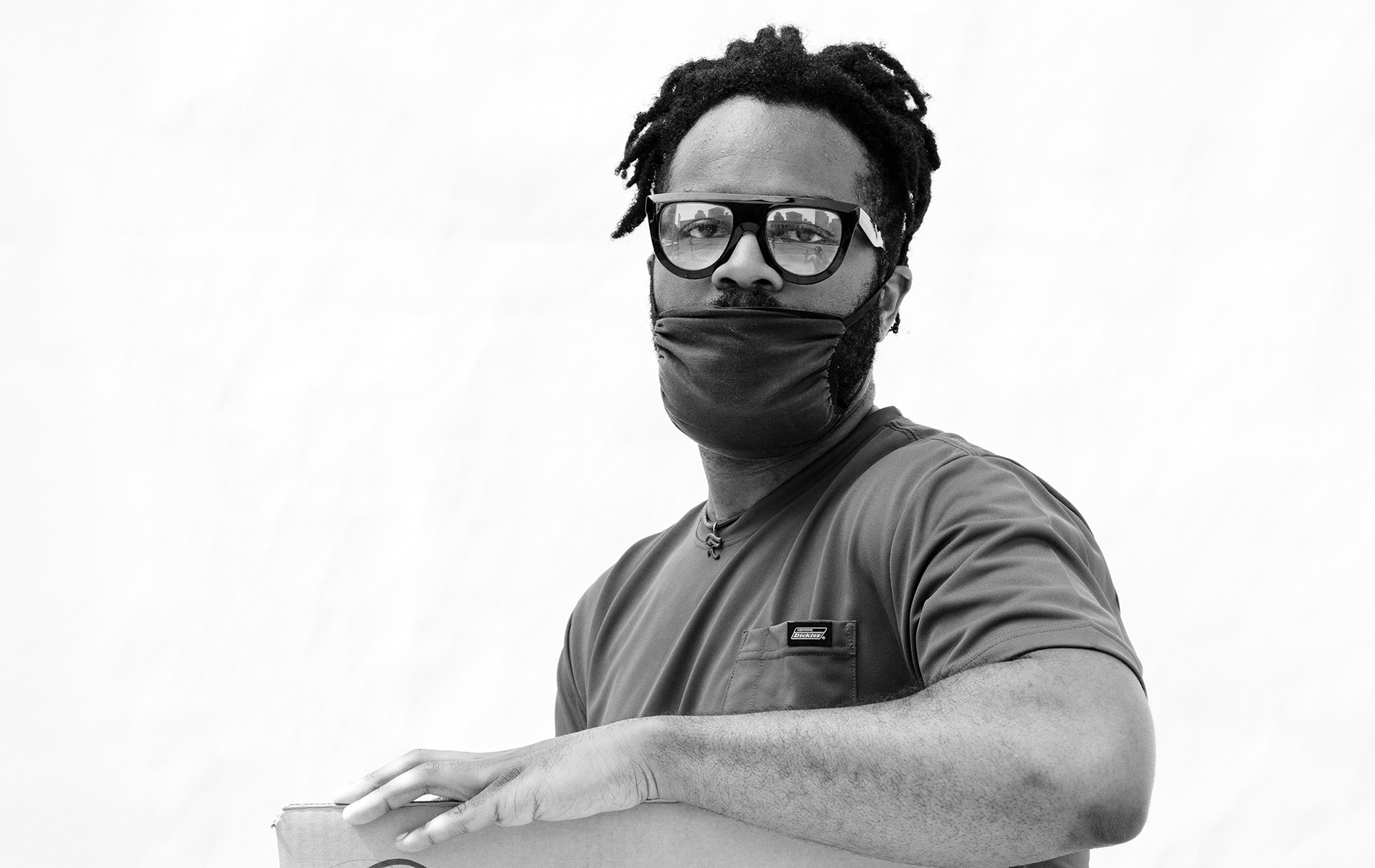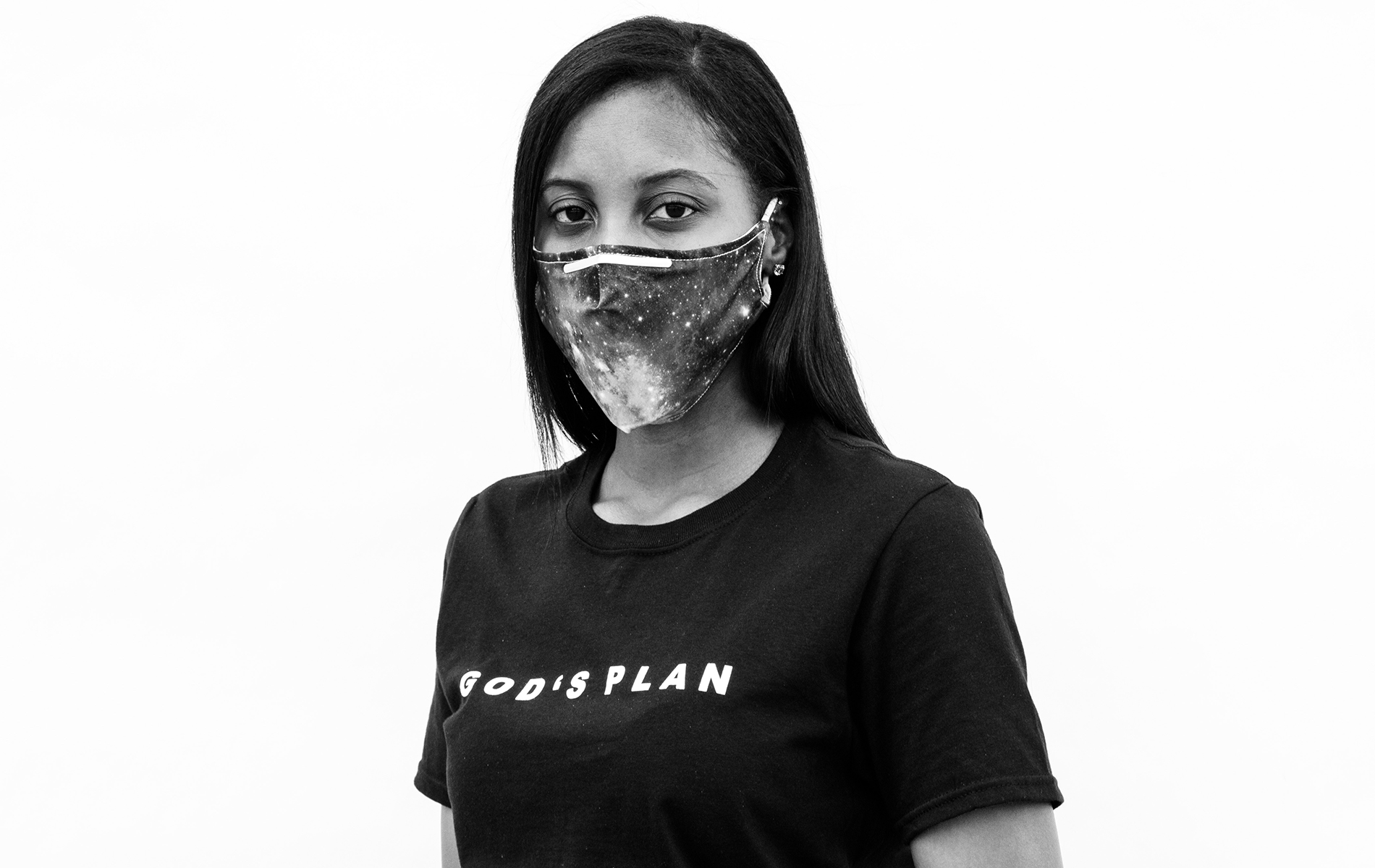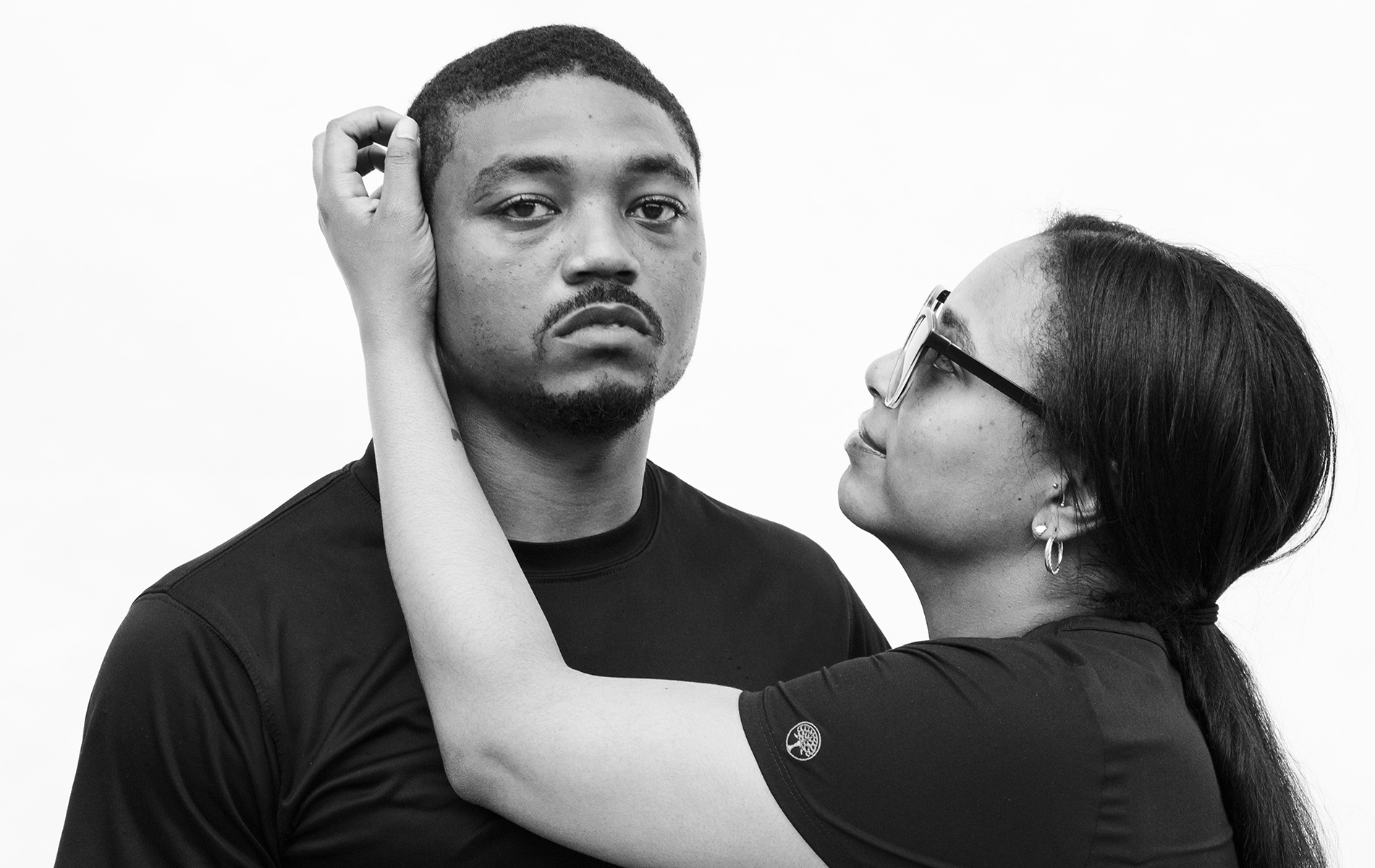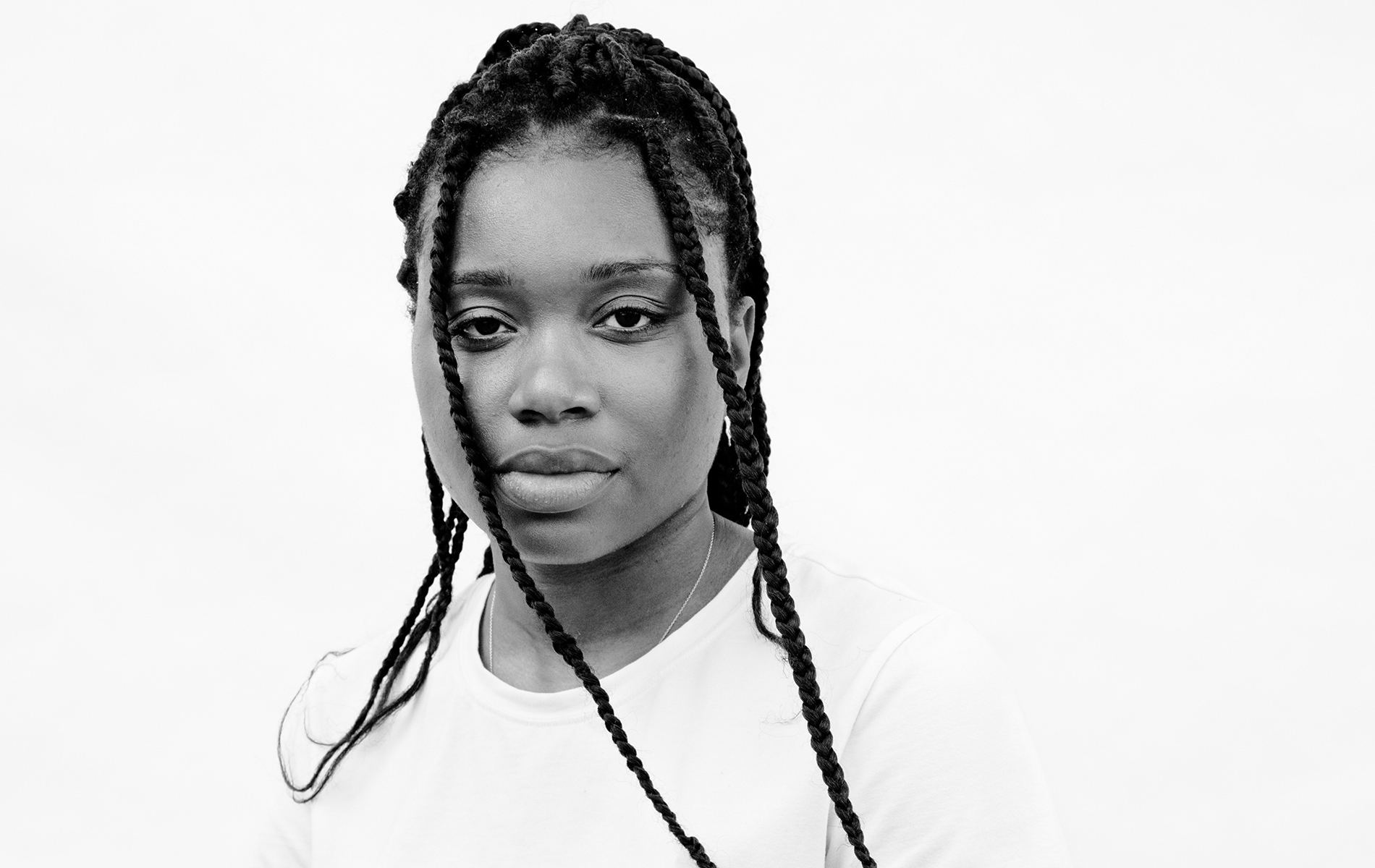Lifting their voices
Protesters want their experiences, and their demands for change, to be heard
Over the course of 11 days, as outrage grew over the death of George Floyd and many others whose names were shouted along with his, many felt compelled to join the movement. Protesters came Downtown to demand action and stop police brutality and discrimination they say has gone on unchecked for way too long. There had been protests before, but not like this.
Then the protests got more violent, and the focus turned to the broken windows and the pepper spray dispersed into the crowd by police. Lost in the chaos was the message so many were desperately trying to shout over all the noise: Something has to change.
The Dispatch talked with protesters who came Downtown day after day. They marched for justice. As they chanted with the crowd, they reflected on their own experience with discrimination. They demonstrated to make life better for the children they hoped to have one day.
These are their stories.
~Nitoriya Goff, 32, Faith Smith, 4, and Isaiah Smith, 6, of Linden^ Nitorya Goff and her two children –– 6-year-old Isaiah and 4-year-old Faith –– are just a piece of what she calls her “huge bonded, blended and unbroken family.” “We are a tribe,” Goff said. “My nieces and nephews are mixed. We’ve got family from all over.” When she looks out at the crowds of protesters, she sees a reflection of her family. People of all different backgrounds, united by a common bond. It’s for that reason, she said, she feels hopeful. “Change is coming,” Goff said. “My kids are gonna be safer and they’re gonna have more to look forward to.” She paused, opened her eyes and looked heavenward. “Thank you, God,” she said.
~Tamisha Tarpley, 25, and Ronnie Stokes Jr., 25, of New Albany ^ Tamisha Tarpley knows she carries influence, which is why she feels she needs to be at the protests. “I want to use my voice and I want to be heard,” Tarpley said. It’s the same fight that her parents, grandparents and great-grandparents were fighting. Now, it’s hers. Ronnie Stokes Jr., Tarpley’s husband, feels that same responsibility but said he’s frustrated by the weight of it. “It’s not right that I have to feel this way,” Stokes said. “We all have a voice and we should all be fighting this fight.”
~Von Hubbard, 27, of Reynoldsburg^ Growing up in the South, Von Hubbard saw his history every day. One time in elementary school, Hubbard’s class drove from Huntsville, Alabama to Birmingham on a field trip. They visited the 16th Street Baptist Church, where four members of a local Ku Klux Klan chapter planted dynamite beneath the church steps in 1963. Twenty-two people were injured in the explosion, and four young girls died. It occurred to Hubbard at the time that he was witnessing history. That things would change after this. Last week, Hubbard was in the shower singing along to “A Change Is Gonna Come” by Sam Cooke. Tears started to well as he sang along. “It just hit me. I’m singing that this change is gonna come, but a change hasn’t come,” Hubbard said. “I’m still singing this though.” “I’m out here so that I can do my part for that change,” Hubbard said. “To make a better future so my son doesn’t have to do this, too.”
~Shakara Petty, 23, of Dublin ^ Shakara Petty put it simply: Being a Black woman in America is hard. “It’s one thing being a woman in America,” she said. “But being a Black woman? You have to carry yourself in a certain way.” If she’s ever mad, she’s an angry Black woman. If she’s ever outspoken, she’s ratchet. She feels like she can’t show weakness. She has to be strong. “It’s a whole different walk,” she said. She was taught to be strong by her mother, who learned it from the women before her, who learned from the previous generation, and so on. “It gets tiring being strong,” Petty said. “I want an off day, too.”
~Austin Smith, 18, of Bexley with friends, Gavi Steinman, 17, of Bexley and Julian Chitu, 18, of Bexley^ Austin Smith thought about all the times he chose silence. He thought back to that cruise ship vacation in 2017 when a White woman called one of his Black friends a monkey. One of their White friends told the woman off, but Smith said nothing. “I was complicit,” Smith said. “It’s two years later, and now I’m speaking out.” Smith and his friends –– Gavi Steinman, 17, and Julian Chitu, 18, both of Bexley –– organized a protest at Bexley High School last week after going to a protest in Downtown a couple days earlier. More than 60 of their classmates and teachers showed up in solidarity. “I feel uplifted,” Smith said, looking at Steinman and Chitu. “Not everyone I know is explicit about their support.”
~Trevon Jamison, 22, and Keshawn Wilson, 20, of the University District^ Keshawn Wilson is scared. Scared that one day he’ll get a phone call from his family saying something happened to one of them. Scared that when a cop pulls him over, they’ll see arrest warrants under his name and not know they’re because someone stole his identity when he was a child. Scared that when the protesters finally go home, people will forget. “Looking at all of these cops right now makes me scared,” Wilson said. “The only thing that makes the fear go away is being inside.” Wilson said he doesn’t think all cops are bad. There have been plenty who’ve helped him out in moments of need, who listened to him say those warrants weren’t his. But for all of the good cops out there, he said, the few cops he calls racist aren’t helping anyone. “They’re making America look divided,” Wilson said.
~Gen James, 59, of the North Side^ The last time Gen James marched was in 1997. She rallied alongside thousands of other women through the streets of Philadelphia at the Million Woman March. That march, focused on family unity and what it means to be a Black woman in America, felt much different than this new wave of protests that have sparked from the deaths of George Floyd and others. This time, James said, she hopes more people are listening to Black voices, no longer overlooking their presence and their needs. “It feels good to be a part of this history as well,” James said.
~Jebel Jones, 40, Jamille Jones, 37, and Zulima Jones, 6, of Gahanna^ Zulima Jones attended her first protest at two months old. Strapped to her mother’s chest, the family of three marched through the streets of New York City, protesting the death of Eric Garner, who died in 2014 after a police officer put him in a chokehold while arresting him. “With Eric Garner and Michael Brown, the world hadn’t reacted,” Jebel Jones said. “There was zero justification.” Six years later, he said, the world is starting to listen. “I’m so proud that everyone noticed and not just us,” he said. “If we’re louder this time, if we protest longer this time, maybe there won’t be a next time.” “Now, being a mother, I’m more here for her,” Jamille said, looking at Zulima. “Hearing George Floyd call out for his mother gets to me. “I’m out here so in five years, she won’t have to be back out here protesting again.”
~Sabrina Oden, 36, of Columbus, with her friend Lindsey Drahos, 37, of Columbus ^ Sabrina Oden held up a banner as she marched. It read “We Walk Together in Peace.” Oden –– alongside her husband and former Ohio State basketball player Greg Oden, former Ohio State basketball player Rick Smith, and their friends and family –– marched through Columbus last week in solidarity with the growing Black Lives Matter movement. Oden said it was important to her that their group came out united as a family. “I see love, I see human beings,” Oden said. “We bleed the same, we breathe the same.” Being peaceful and present, Oden said, is not just for them. It’s for their children, their nieces and nephews, and future generations, too. “If we don’t show up, no change will ever come,” Oden said.
~Ray Gordon, 33, of the East Side ^ For Ray Gordon, being present means to be part of the change. He had protested against police brutality in the past. This time though, Gordon said it’s different. More people are joining this movement than he’s ever seen. Not just in Columbus, but across the state, country and world. “People gotta see we’re treated differently. They’re starting to see how,” Gordon said. “Black Lives Matter isn’t trying to exclude anyone. This is all for everyone’s change and equality. “It’s the start of something good.”
~Lavesta Petty, 29, of the Northwest Side^ Lavesta Petty is a lover, not a fighter. To see hate in this world rubs her the wrong way. Even so, she still feels it’s her duty to speak up for the injustices she sees because she knows it could be her one day. Being on the frontlines is uncomfortable for Petty. She’s shy. She hates public speaking. She’d rather sit in the back. She sees herself stick out at work because of the color of her skin. No one else looks like her. She sometimes feels alone because there’s no voice there for people like her. But right now, she feels powerful. “This is very important to me, to speak up for the greater good,” Petty said. “I have a voice. I feel like I have a voice out here.”
~Anthony Hitchens, 30, and Bryana Tarpley, 27, of Blacklick^ As a Black man, Anthony Hitchens said, he doesn’t have a choice but to be out here protesting. The countless encounters with police, always fitting the wrong description, getting surveilled in the store for no reason. It all weighs on him. “I’m furious, angry, scared, lost, wondering, hopeless, hopeful… every emotion you could think of,” Hitchens said. Hitchens’ fiancé, Bryana Tarpley, said everything feels surreal. “It’s like when you’re in school and you learn about slavery and you say, ‘I wonder what it was like in the slave days,” Tarpley said. “But you’re seeing it in action. The past is now.” They wanted to be a part of this movement for their future. They want to have children one day, Hitchens said, but Tarpley is scared of what that could bring. “I wish they loved Black people like they love our culture,” Hitchens said. He shook his head. “This is America,” he said. “We’re supposed to be free.”
~Zharia Troutman, 23, of Marion^ To Zharia Troutman, speaking out is just the right thing to do. “They’re my people,” Troutman said. She wants equality. She wants respect. She’s grateful for the support of people who aren’t Black, but she hopes they take the time to educate themselves beyond this moment. She worries in a world where she knows she and her family members will always fit the description of the suspect. She knows that one day when she chooses to start a family, whether her partner is White or Black, her children will still be Black. They’ll still carry the same weight she has because of the color of her skin. “We’re people, too,” Troutman said. “We’re the same, just different shades.”
Words by: Sheridan Hendrix and Kelly Lecker
Photos by: Joshua A. Bickel
Web design: Rachel Kilroy and Sean Smith
To support journalism like this, subscribe to The Columbus Dispatch
